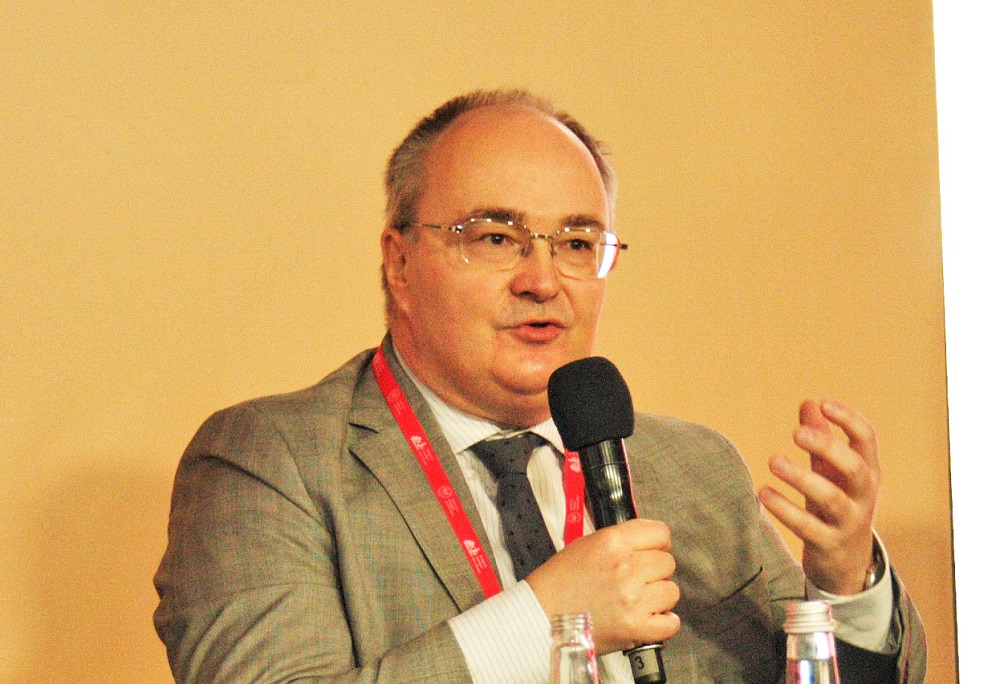
“Poland, which was one of the greatest victims of World War II, not only did not receive any reparations, but paid reparations” – said historian Dr. Krzysztof Rak during the Congress of National Remembrance organized by the Institute of National Remembrance. He thus referred to the Potsdam Agreement, according to which Poland was to receive reparations through the Soviet Union, but in return had to transfer coal to the USSR.
“Poland was plundered by the Soviets under the guise of obtaining reparations. It was better for Poland to give up. According to Soviet calculations, Poland received USD 280 million, and for the coal that Poland had to provide in return, selling it on the market, it would obtain about USD 1 billion” – noted Prof. Bogdan Musiał, emphasizing that back then coal was really a wealth. “Poland paid tribute under the guise of obtaining reparations” – he concluded.
“Poland, which was one of the greatest victims of World War II, not only did not receive any reparations, but paid reparations. Please realize this. If we do not realize this, we will look at this whole reparations debate as a dispute and legal casuistry. Let’s go out and realize the fact that we paid for the effects of World War II. We paid reparations. If we understand this, we will treat this whole discussion differently. As a victim, we paid reparations to the executioners for the executioners. This is a fact” – emphasized Dr. Krzysztof Rak.
“We can discuss Bierut’s decree, but there is nothing to discuss about it, because it is simply an indisputable fact. Nobody wants to discuss it with us” – he noted.
“I believe that we should start the discussion with the fact that we, as victims of World War II, paid for this war. We should start with this and not engage in legal discussions with Germans and German politicians” – assessed the historian.
From 13 to 15 April 2023, the Congress of National Remembrance was held at the PGE Narodowy Stadium in Warsaw – the largest event in the over twenty-year history of the Institute of National Remembrance. For three days, a total of 13,000 people took part in it, including 7,000 children and young people.
Anna Wiejak
